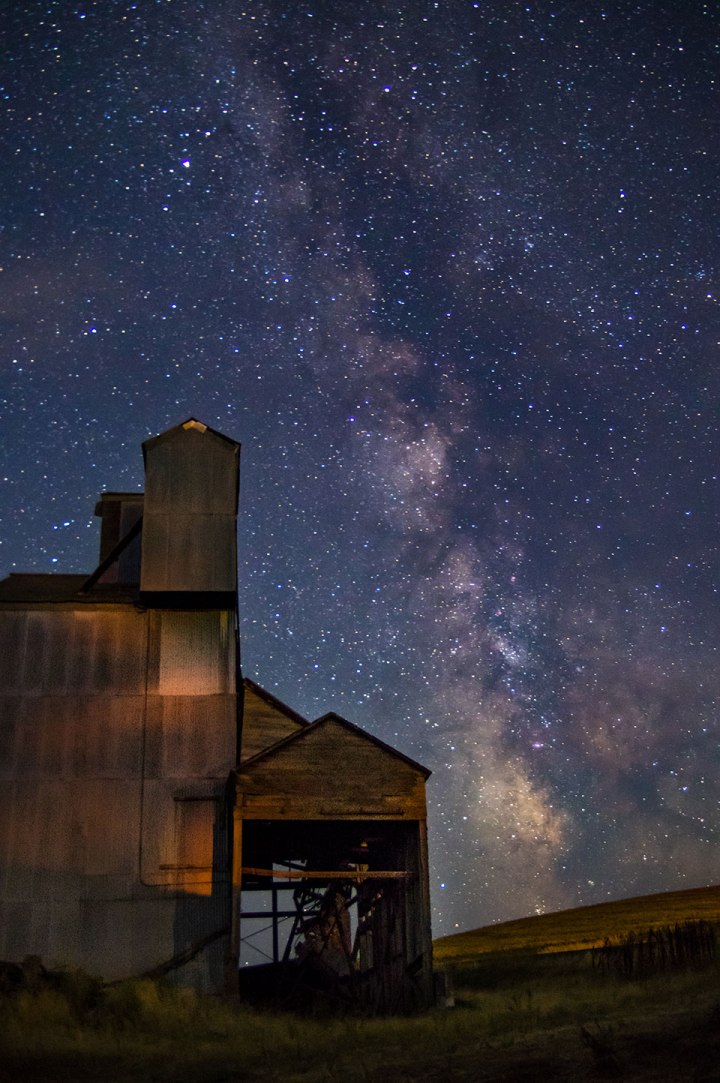Denial and Consequences – Advice for Scholars and Scientists
 Sunset a moment before nightfall over the Pacific. Wikipedia.
Sunset a moment before nightfall over the Pacific. Wikipedia.
“I’m sorry, Gemma. But we can’t live in the light all of the time. You have to take whatever light you can hold into the dark with you.”
― Libba Bray, A Great and Terrible Beauty
Scott Pruitt’s immoral denial of the reality of climate change is part of an assault on science that will promote the accelerating disruption of Earth’s living systems. The global consequences of this retreat from reality will be profound and irrevocable on any meaningful human timescale. The U.S. is the largest economy and the second largest emitter. Most the carbon pollution in the atmosphere came from us. Given the rate of climate and biosphere disruption, the administration’s aggressive embrace of fossil fuel interests poses an existential threat to civilization. The legislature and the executive branch are the handmaidens of an industry whose sole purpose is to mine and sell as much fossil carbon as possible. I see no effective means of turning this around in any timeframe that will matter with respect to our opportunity to salvage a livable planet. The window of opportunity for aggressive mitigation of climate change is almost closed. Continue reading “Denial and Consequences – Advice for Scholars and Scientists”
 Heather at peace. Photo: S. Mulkey, Lakes Basin, The Eagle Cap Wilderness
Heather at peace. Photo: S. Mulkey, Lakes Basin, The Eagle Cap Wilderness
 The Milky Way from the Palouse near Moscow, ID. Photo by Marie Glynn. 2016. All rights reserved.
The Milky Way from the Palouse near Moscow, ID. Photo by Marie Glynn. 2016. All rights reserved.
You must be logged in to post a comment.